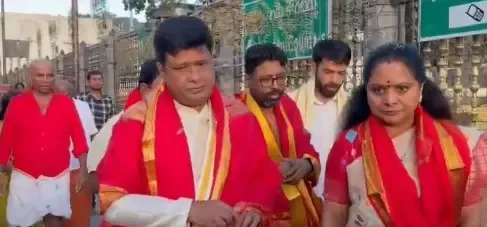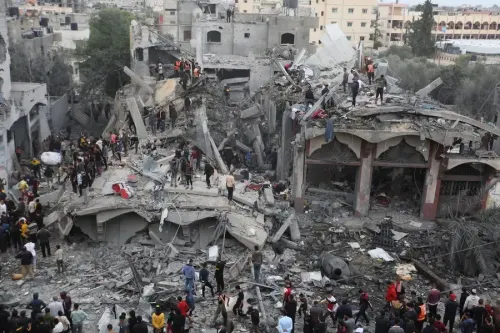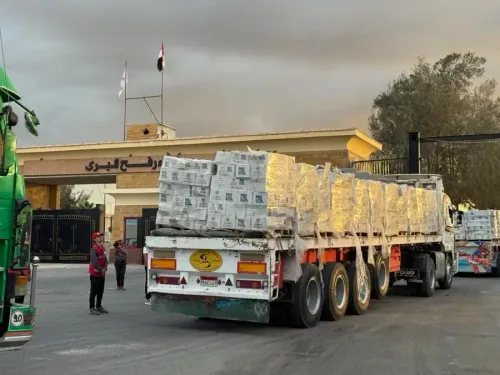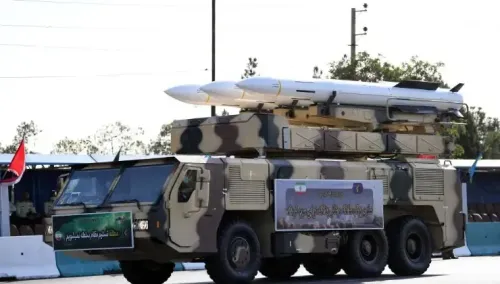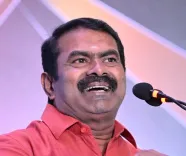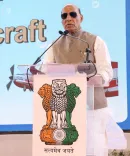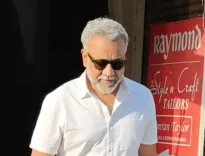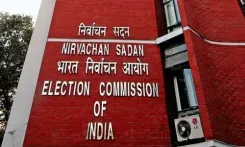Will South Korean President Deliver Justice for Yeosu-Suncheon Victims on Their 77th Anniversary?
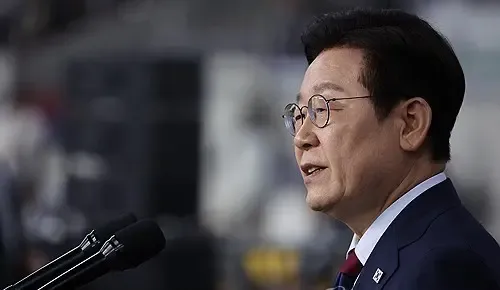
Synopsis
Key Takeaways
- President Lee's pledge to seek justice for the Yeosu-Suncheon victims.
- Commitment to uncover the full truth of the incident.
- Importance of acknowledging past state violence.
- Significant historical context of the 1948 uprising.
- Government's initiative to restore honor to victims.
Seoul, Oct 19 (NationPress) South Korea's President Lee Jae Myung expressed his heartfelt condolences on Sunday for the victims of the government's severe crackdown during a military uprising.
On the occasion of the 77th anniversary of the infamous Yeosu-Suncheon incident, Lee vowed to pursue justice for the civilians who lost their lives.
"As president, I will hold myself accountable and take all necessary steps to ensure that there will never again be innocent victims of state violence," he emphasized.
He reiterated the government's commitment to uncover the complete truth behind the incident and to restore the dignity of the civilian victims, estimated to be as high as 11,000, according to the Yonhap news agency.
"Rectifying history and achieving justice is a task that must be pursued, no matter how long it may take," he stated.
The uprising began on October 19, 1948, when approximately 2,000 leftist soldiers in Yeosu, located 455 kilometers south of Seoul, revolted after rejecting orders to relocate to Jeju Island to suppress leftist protests against the newly established South Korean government.
This military revolt, occurring amid the ideological divisions following the Korean Peninsula's liberation from Japanese colonial rule in 1945, rapidly escalated into a large-scale uprising as civilians from Yeosu and nearby Suncheon joined forces with the soldiers. A tragic massacre of civilians ensued during the government's crackdown on the anti-government protests.
In 2021, the National Assembly enacted a special bill to investigate the crackdown and restore dignity to its victims.
Additionally, Seoul's chief envoy to Tokyo, Lee Hyuk, announced on Saturday that South Korea plans to host a memorial ceremony next month to honor Korean victims who were subjected to forced labor at a Japanese mine during the colonial era.

